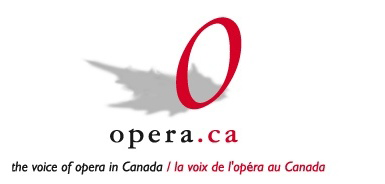Feb 27, 2019
Shave and a Haircut…and LEECHES?!
At the time that The Barber of Seville was premiered, the role of the professional barber was changing throughout Europe. Up through the 1700s, barbers – then called barber-surgeons—performed a wide range of tasks relating to caring for the personal needs of others. These tasks included trimming hair and shaving beards, cleaning and pulling teeth, and even rudimentary surgery and blood-letting (for centuries it was believed that “bad blood” was a cause of many maladies, and needed to be periodically drained from the body). As physicians in Europe were forbidden from performing surgeries, those duties fell to the barber-surgeons, who also handled embalming and autopsies.
Over time the practice of surgery evolved into its own discipline. Royal decrees in France (1743) and England (1745) forbade barbers from performing surgery, and the College of Surgery was founded in England in 1800, further separating the roles of barber and surgeon. The skillful hands of the barber were set more exclusively to the fields of hair, skin, and scalp care, and the modern barbering
profession grew towards what we recognize today.
We know from Rossini’s opera that Figaro does more than just trim hair and style wigs for the other characters in The Barber of Seville. Several lines in the opera identify some of the medical duties of the sly barber:
– Figaro (describing his duties)
“… he has made a hospital of the whole household.”
– Bartolo (referring to Figaro)
“…a purge for the lawyer Bernardone who yesterday fell ill with indigestion.”
– Figaro (listing his upcoming appointments)






